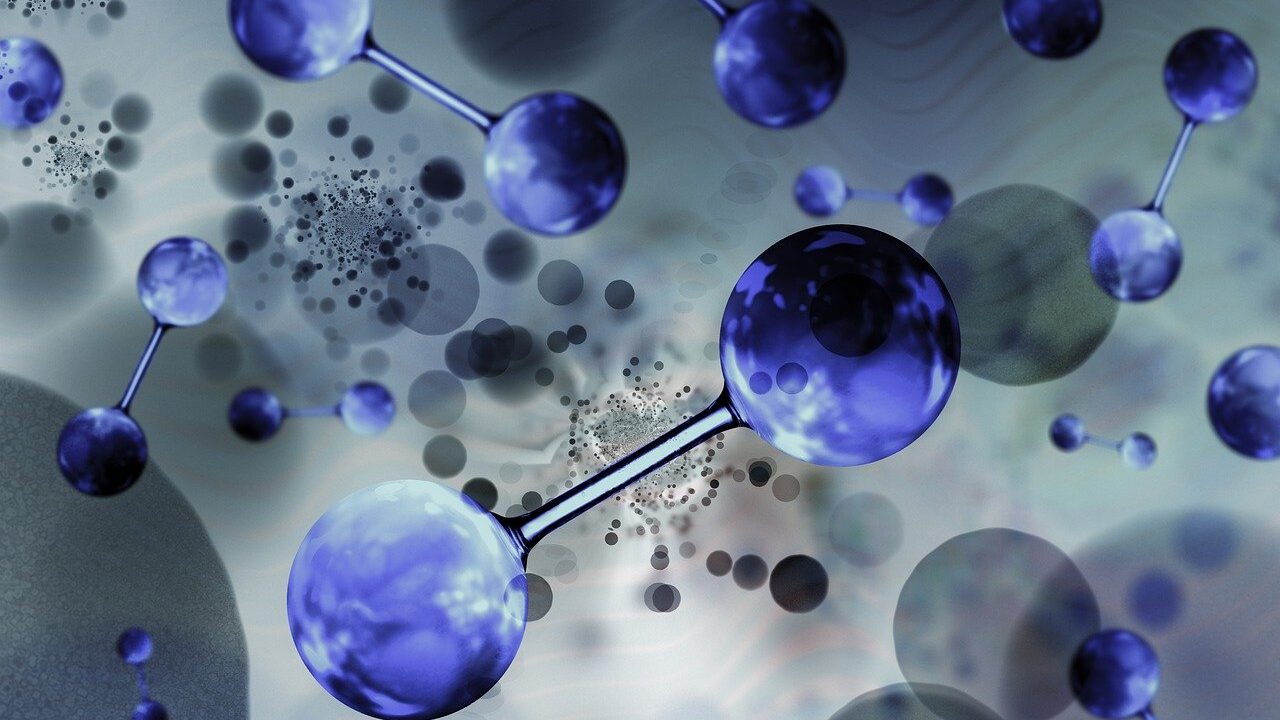Hydrogen is the future of the entire energy revolution. This might seem like a cliché or wishful thinking if it were just anybody saying it. But when it comes from Ronald Grasman, Vice President of Hydrogen and Fuel Cells for the Hyundai Group, it carries a lot more weight: we are talking about the world’s third-largest car manufacturer in terms of sales by 2022.
According to Grasman, interviewed by La Repubblica, the advantage of hydrogen lies in its ability to store and transport energy. Its use in mobility will therefore be a natural transition. Especially in heavy vehicles, commercial vehicles and larger cars.
Grasman stresses that the use of batteries in the automotive industry cannot be the only way forward: “In heavy vehicles, energy consumption is fifty times higher than in cars, so hydrogen is the best solution. And it makes it possible to build an infrastructure through which cars will also arrive. In addition, electricity from renewable sources is not available when we need it, which makes hydrogen the ideal means of transporting energy, especially over long distances”.
But hydrogen is not the only fuel that can contribute to the energy transition. From an environmental point of view, biomethane offers the environmental circularity that other fuels lack, so much so that for Grasman it could be used to produce hydrogen itself, making emissions of bio-altering gases harmful.
The MIEEG project is at the forefront of finding a solution that is both environmentally friendly and highly efficient. The micro-generator MIEEG is developing can run on a variety of fuels: hydrogen, biomethane, but also water and wastewater. Its compactness and scalability would make it ideal for transport, road, marine and large drone applications, as well as for powering buildings and homes. The generator uses an electrolysis process to produce high-yield energy with extremely low environmental impact.


